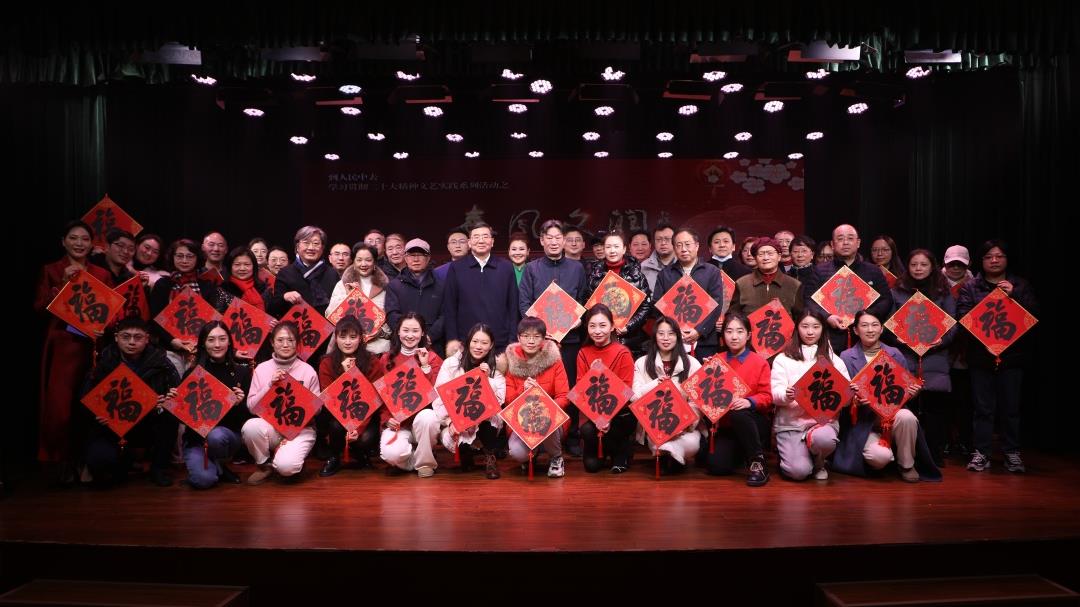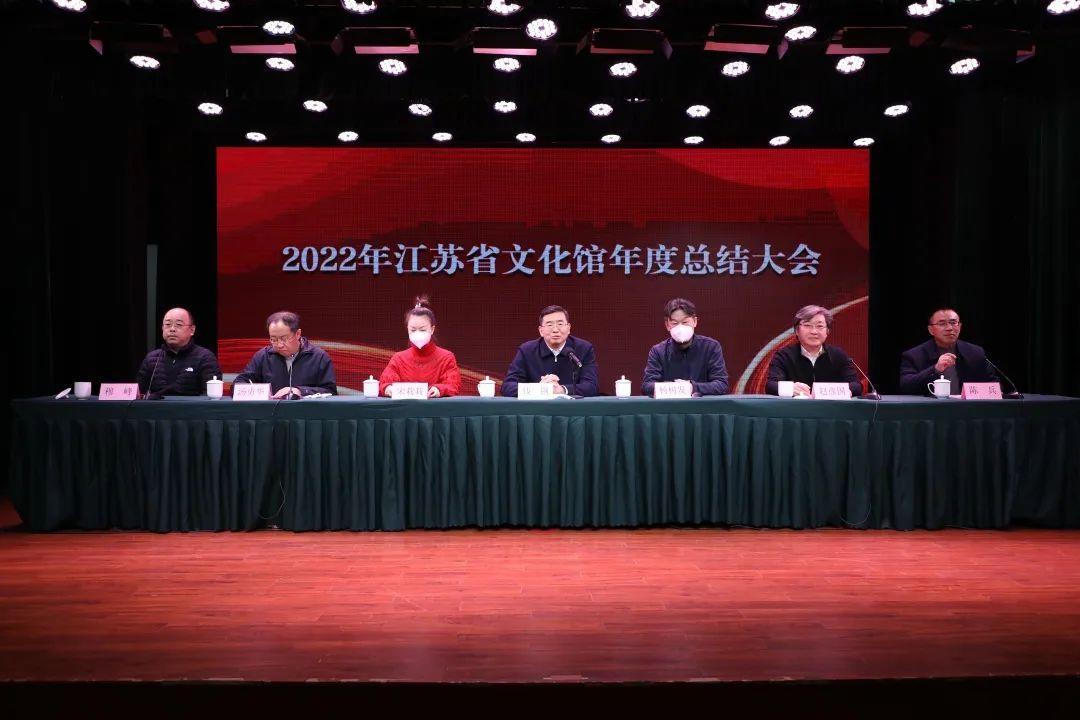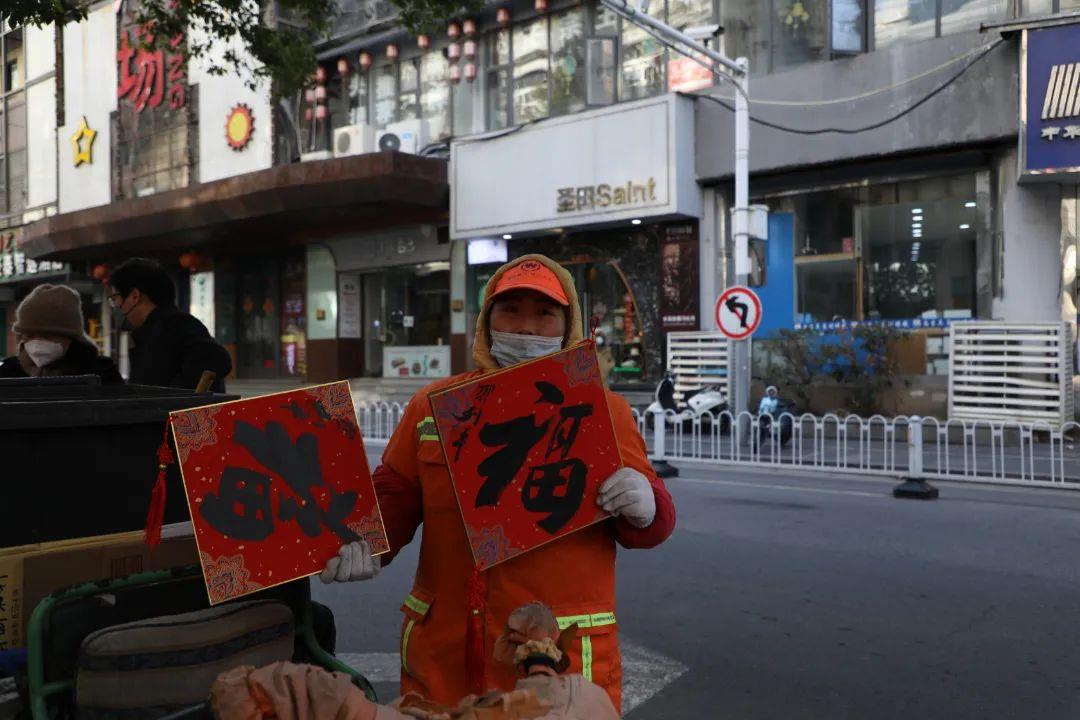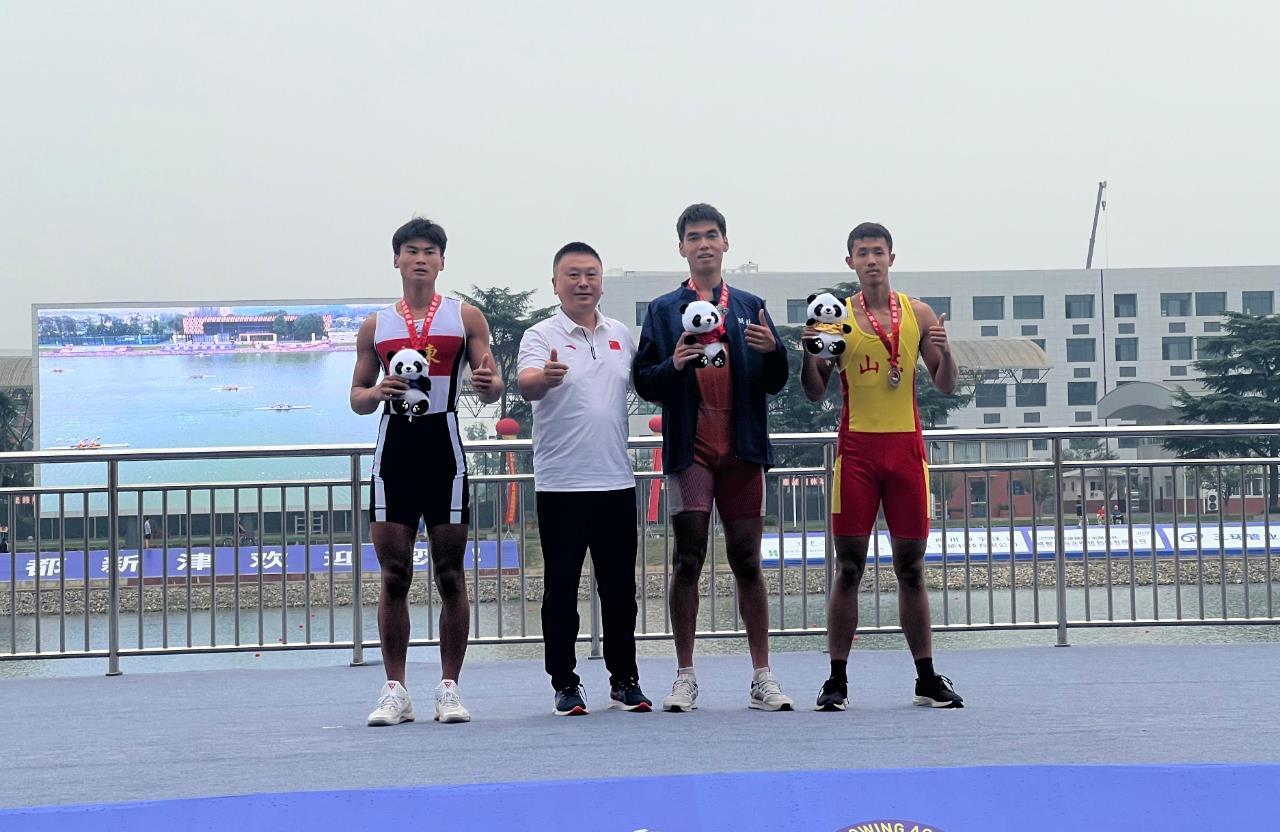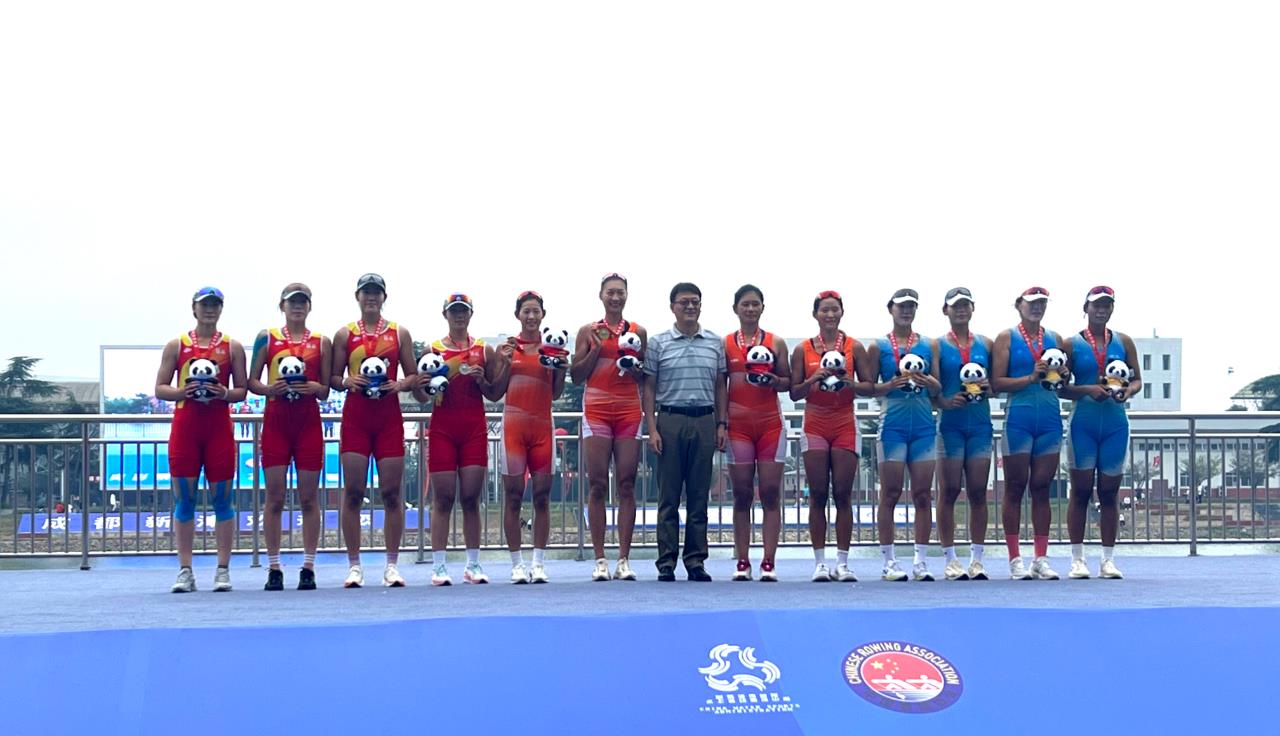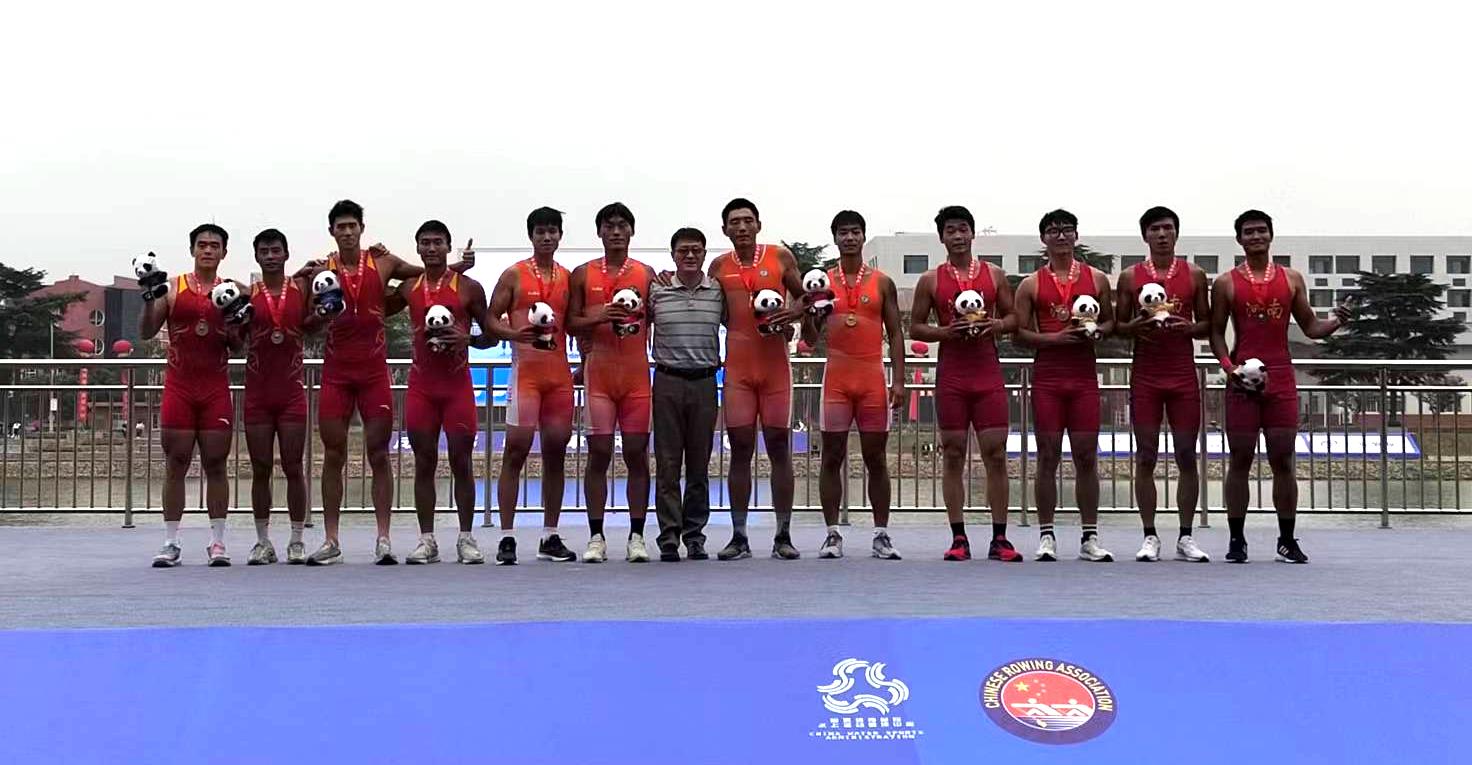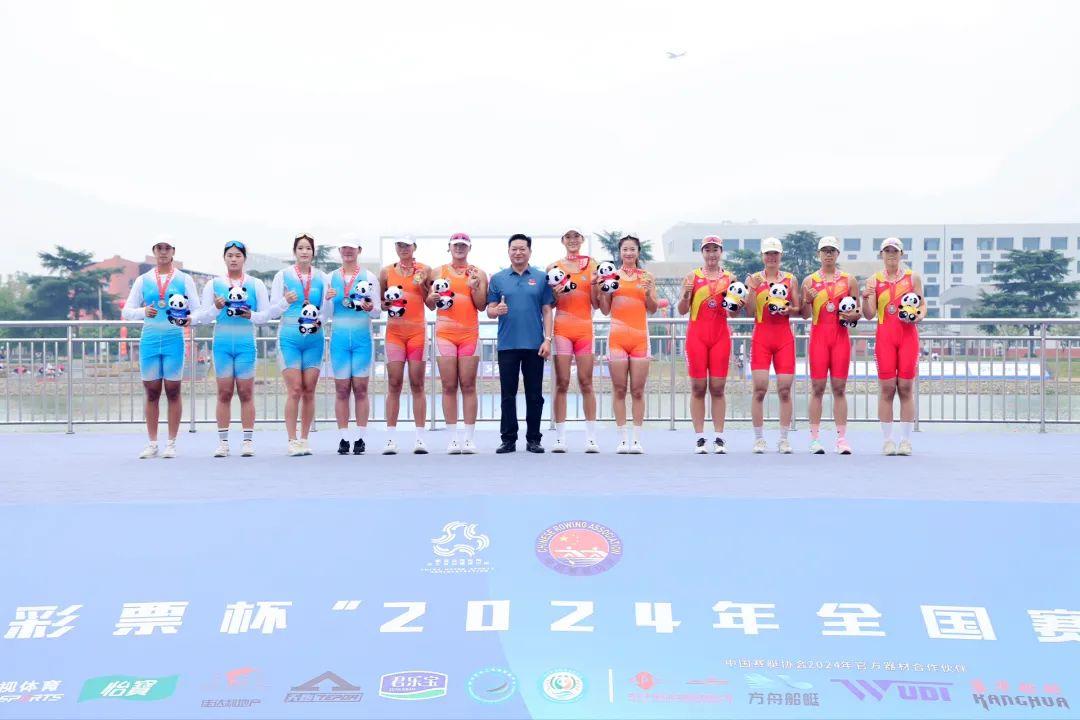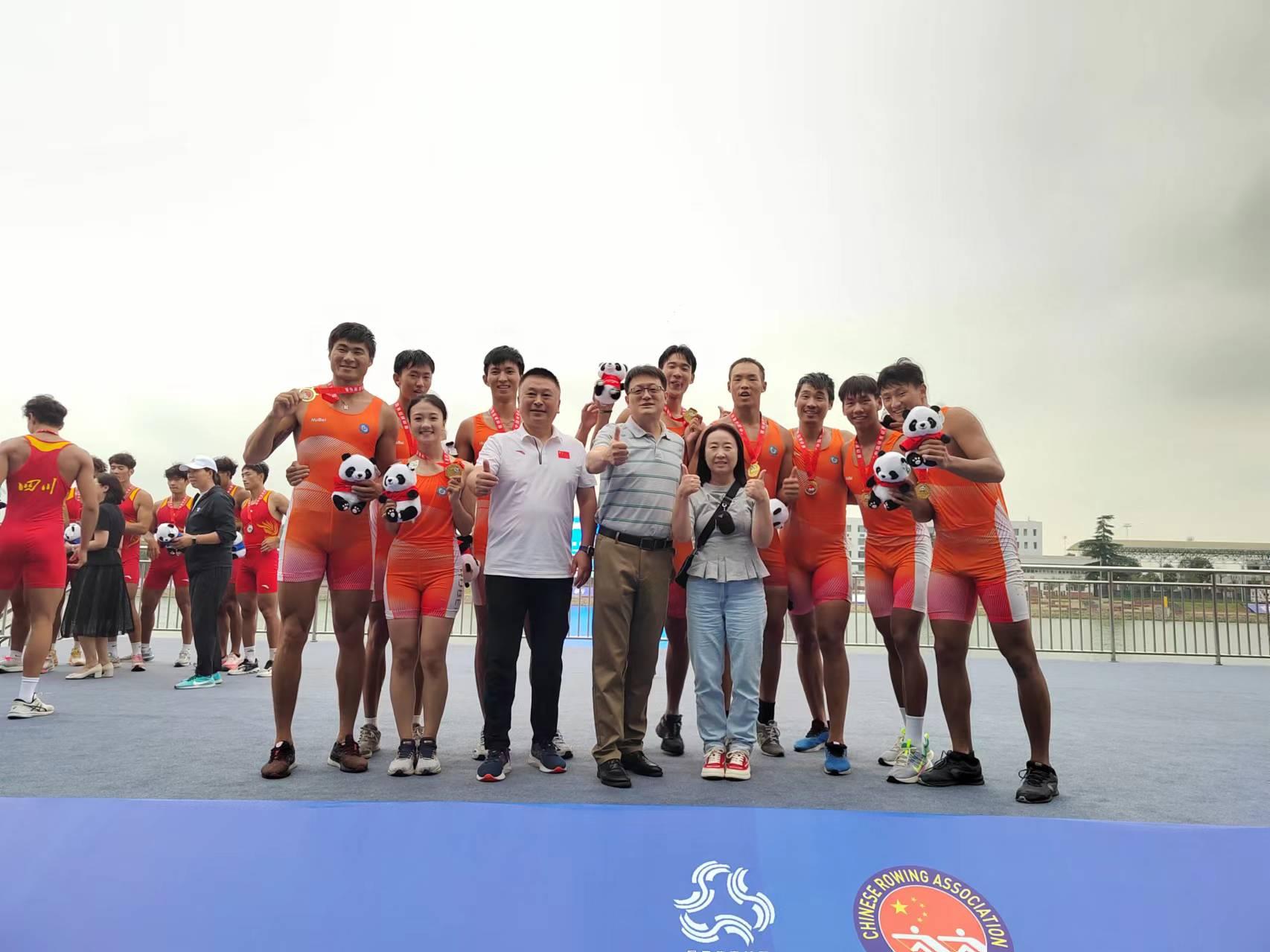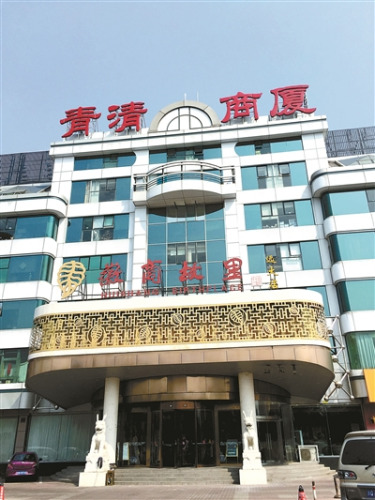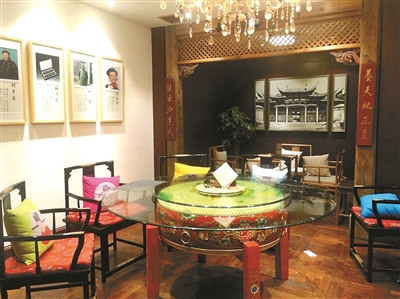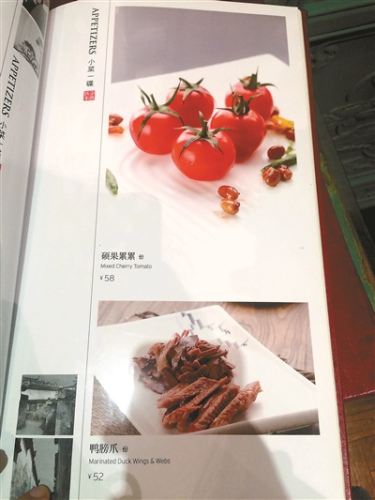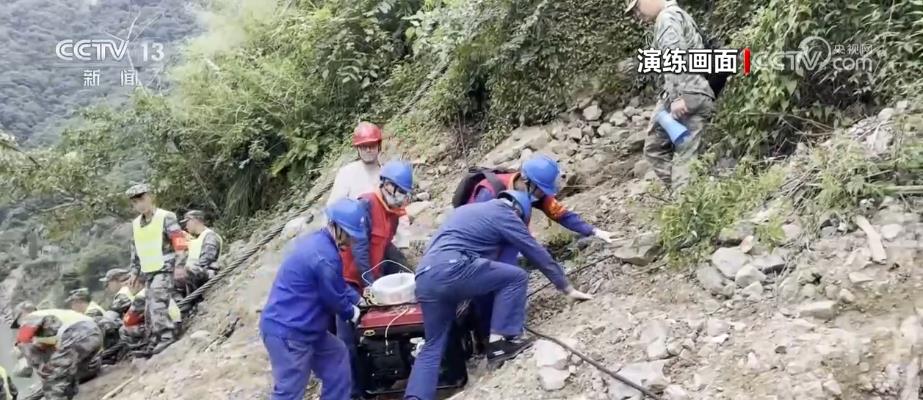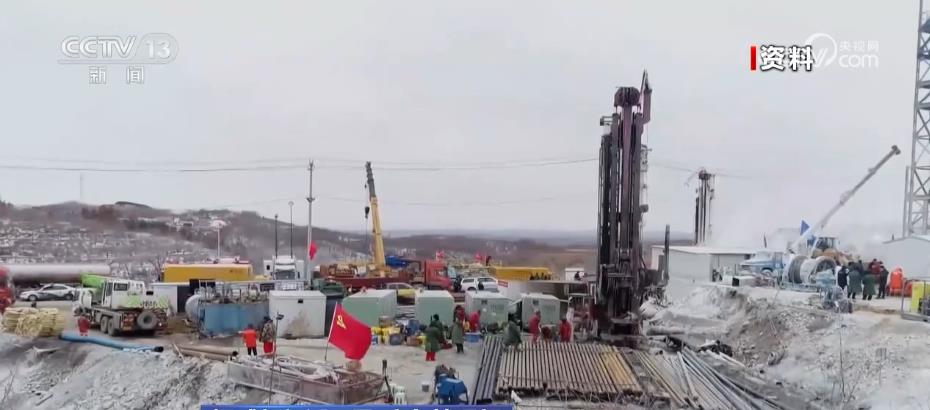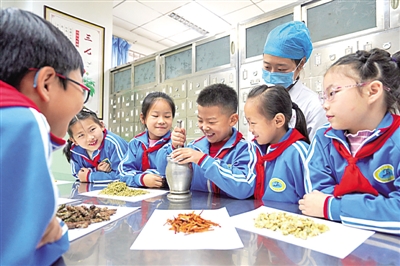Municipalities, county education bureaus, public security bureaus, civil affairs bureaus, judicial bureaus, housing and construction bureaus, health and wellness committees, emergency management bureaus and market supervision bureaus:
According to the spirit of "Several Opinions on Deepening the Reform and Standardized Development of Preschool Education in the State Council, the Central Committee of the Communist Party of China" (Zhongfa [2018] No.39) and "Action Plan for Deepening the Reform of Basic Education in Anhui Province and Comprehensively Improving the Quality of Education" (Wanfa [2020] No.6), in order to fully complete the governance of unlicensed kindergartens in our province, the Provincial Department of Education and other eight departments have formulated.
The "Work Plan for the Governance of Unlicensed Kindergartens in Anhui Province" is hereby issued to you, please earnestly implement it. Municipalities and counties directly under the jurisdiction of the province’s governance programs, channels for reflecting opinions, etc., shall be submitted in a timely manner according to the work arrangements of the provincial unlicensed kindergarten governance office.
Anhui Provincial Department of Education, Anhui Provincial Public Security Department, Anhui Provincial Civil Affairs Department
Anhui Provincial Department of Justice Anhui Provincial Department of Housing and Urban-Rural Development Anhui Provincial Health and Health Committee
Anhui Provincial Emergency Management Department Anhui Provincial Market Supervision Management Bureau
October 29, 2020
(This piece is made public voluntarily)
Work plan for the management of unlicensed kindergartens in Anhui Province
In order to implement the spirit of Several Opinions on Deepening the Reform and Standardized Development of Preschool Education in the State Council, the Central Committee of the Communist Party of China (Zhongfa [2018] No.39) and the Action Plan for Deepening the Reform of Basic Education in Anhui Province and Comprehensively Improving the Quality of Education (Wanfa [2020] No.6), comprehensively complete the task of managing unlicensed kindergartens, and promote the universal, safe and high-quality development of preschool education in the province, the following work plan is formulated in combination with the actual situation in our province.
I. General requirements
Adhere to the principles of government-led, territorial management, departmental linkage, classified rectification, and safety and order, and bring all unlicensed kindergartens into the scope of supervision through "access to a batch, rectification of a batch, integration of a batch, and ban of a batch", and steadily promote the governance work until it is completely eliminated.
Second, the governance methods
(a) access to a number of undocumented kindergartens that meet the basic standards for kindergarten operation but have incomplete relevant documents. The relevant departments should supervise and guide such unlicensed kindergartens to complete their documents on time, provide convenience for verification and handling of relevant documents, and conduct acceptance, approval and issuance of corresponding licenses according to laws and regulations.
(two) rectification of a number of undocumented kindergartens that basically meet the requirements of running the park, but there are still some problems. For such kindergartens, according to the unqualified problems found in the investigation, such as gardens, teaching facilities and equipment, security construction, health care, the construction of teachers and the quality of teaching, we should put forward rectification opinions item by item, make rectification within a time limit and supervise the rectification in place. It is necessary to strengthen key monitoring, do a good job in safety prevention, and ensure the safety and health of children in the park. It is necessary to conduct special inspections on its safety and health and the behavior of running a park on a regular basis. It is necessary to strengthen the training of scientific education protection in unlicensed kindergartens, urge the organizers and education protection personnel to master pre-school education laws, regulations, policies and professional knowledge, firmly establish the concept of running kindergartens according to law and scientific education protection, effectively standardize the behavior of running kindergartens, and improve the level of education protection. Those who have basically reached the "Basic Standards for Kindergarten Running in Anhui Province" through rectification shall be audited and issued by relevant departments according to laws and regulations. Undocumented kindergartens that refuse to accept rectification or whose rectification is ineffective shall be resolutely banned according to the law.
(three) the integration of a number of undocumented kindergartens that can not meet the conditions for independent operation of the park, but have no potential safety hazards and are indeed necessary. On the premise of ensuring safety and hygiene, we can encourage and guide local high-quality kindergartens to set up branches, teaching points, cooperative parks and other forms to bring them into the scope of supervision because of the lack of preschool education resources in the region and the need to solve the problem of surrounding school-age children entering the park for a period of time. The education department should strengthen the guidance of the integration work, improve the relevant filing procedures according to the law and regulations, and clarify the time limit requirements.
(four) to ban a number of unlicensed kindergartens that fail to meet the basic standards for kindergartens, and have hidden dangers in garden houses, fire protection, hygiene and food safety, and do not have the conditions for rectification. Publicly announce the banned unlicensed kindergartens, and the education department should take the lead in policy propaganda and interpretation, and properly divert the kindergarten children and employees. The public security department should cooperate with the security and stability work in the process of banning unlicensed kindergartens, thoroughly investigate potential risks, and properly handle emergencies according to law.
Third, the implementation steps
The governance of unlicensed kindergartens can be divided into four stages: thorough investigation, classified governance, verification and acceptance, and consolidation and promotion.
(1) Make a thorough investigation. All localities should check the basic standards of kindergartens in our province, thoroughly investigate the unlicensed kindergartens within their jurisdiction, identify the problems in safety, hygiene, facilities, teachers and education, and form a ledger for the management of unlicensed kindergartens. This work will be completed by mid-November 2020.
(2) classified governance. All localities should, on the basis of comprehensive investigation, make joint judgments, determine the type of governance by park, and publicize it. It is necessary to determine the time limit for governance by park and issue a notice to urge rectification within a time limit. In accordance with the "Notice of the Education Steering Committee of the People’s Government of Anhui Province on Printing and Distributing the Implementation Measures for the Supervision and Evaluation of Universal Preschool Education in Counties of Anhui Province" (No.16 [2020] of Anhui Education Secret Supervisor), it is required to be promoted in a timely manner.
(3) Verification and acceptance. All localities should supervise the progress one by one according to the ledger of unlicensed kindergarten governance, so as to complete one governance and accept one. It is necessary to adhere to the problem orientation, goal orientation and effect orientation, and strengthen the verification of key links and the acceptance of rectification results. For kindergartens that have issued school licenses, it is necessary to strengthen daily verification; For those kindergartens that have not been rectified within the prescribed time limit or still fail to meet the basic conditions for running the park, and those that still enroll students after receiving the notice of illegal running the park, the relevant departments will jointly enforce the law and resolutely ban them according to the law.
(4) consolidate and upgrade. All localities should formulate and improve the layout planning of kindergartens, effectively incorporate the construction of inclusive kindergartens into the unified planning of urban and rural public management and public service facilities, build, renovate and expand a number of public kindergartens, implement the subsidy and support policies for inclusive private kindergartens, continuously expand the supply of degrees, and promote the popularization of inclusive development in preschool education. It is necessary to compact "territorial management", give full play to the role of departmental linkage mechanism, resolutely curb the addition of unlicensed kindergartens, and prevent the rebound of unlicensed kindergartens. It is necessary to unblock the channels for reflecting the opinions of the masses, and find that the clues of unlicensed kindergartens should be disposed of in a timely manner according to laws and regulations. It is necessary to combine the management achievements of unlicensed kindergartens with timely experience, actively promote and promote them, and jointly consolidate and improve the effectiveness of governance.
Fourth, safeguard measures
(a) the establishment of governance coordination mechanism. The establishment of the provincial undocumented kindergarten governance working group, education, public security, civil affairs, judicial administration, housing construction, health, emergency, market supervision and other departments responsible comrades and members; The working group has an office located in the Provincial Department of Education. Cities and counties (cities, districts) should refer to the establishment of corresponding working mechanisms and strengthen the coordination of governance work in accordance with the principle of "territorial management".
(2) Implementing the division of governance responsibilities. The education department is responsible for coordinating with relevant departments to arrange unlicensed kindergartens, put forward rectification requirements, supervise the implementation of governance, and announce the results of special governance. The public security organs shall investigate and deal with public security violations such as obstructing the staff of state organs from performing their duties according to law, beating others, intentionally hurting others, etc. in the process of banning, timely and steadily handle mass incidents that may affect safety and stability according to law, and supervise and inspect the internal public security work of unlicensed kindergartens according to laws and regulations. The civil affairs department cooperates with the education department to handle the legal person registration of private non-enterprise units for qualified non-profit kindergartens in accordance with the law, and assist in strengthening supervision. The judicial administrative department urges and guides the relevant departments to do a good job in publicizing relevant laws and policies. The housing and construction department shall handle the kindergartens that have applied for the examination, acceptance and filing of fire protection design according to law, cooperate with the rectification in kindergarten construction and the safety of kindergartens, and cooperate with the education department to strengthen the safety investigation of kindergartens. The health department shall cooperate with the work related to health care guidance during the governance of unlicensed kindergartens. The emergency department is responsible for coordinating the fire rescue agencies to carry out inspections on the performance of fire safety management duties in kindergartens, urging the implementation of the main responsibilities of fire safety, strengthening the investigation and rectification of hidden dangers, and cooperating with the joint fire inspection. The market supervision department shall perform daily supervision and investigate and deal with the illegal acts of kindergartens without food business licenses according to the law.
(3) Establish an accountability mechanism for supervision. The effectiveness of the governance of unlicensed kindergartens will be regarded as an important part of the supervision and evaluation of the municipal government’s performance of educational duties and the supervision and evaluation of county (city, district) party and government leading cadres’ performance of educational duties, and will be included in the supervision and evaluation and target evaluation system as the key tasks of the supervision work of city and county (city, district) party committees and governments. Inform the areas where the governance work is progressing slowly and the rectification is not in place; For areas that do not attach importance to governance work, are poorly organized, fail to implement their responsibilities, are not actively promoted, and are not strict in law enforcement, they will issue supervision orders and seriously investigate the responsibilities of relevant units and responsible persons; For dereliction of duty, dereliction of duty and cases of violation of law and discipline found in the governance work, it is necessary to investigate the responsibility according to the law and regulations, resolutely prevent formalism in the governance of unlicensed kindergartens, put an end to false governance, and ensure the effectiveness of the governance of unlicensed kindergartens.
(4) Pay attention to publicity and guidance. Cities, counties (cities, districts) should strengthen the publicity of governance policies, widely publicize the importance of receiving formal preschool education by using various media forms such as television, internet and newspapers, and guide parents to choose standardized and qualified kindergartens. It is necessary to promptly announce the governance work plan, rectification measures and governance results. It is necessary to unblock the channels for the masses to reflect their opinions, and set up and publish telephone numbers and mailboxes for supervision and reporting. For unlicensed kindergartens that have been banned, all localities should make plans one by one, earnestly do a good job in the work of organizers and parents, and properly arrange children in the kindergarten. There should be a response plan for possible abnormal situations, to ensure that the decision to ban is carried out smoothly according to law, to prevent the intensification of social contradictions and to avoid new factors affecting social stability.
Download: Notice on printing and distributing the work plan for the management of unlicensed kindergartens in Anhui Province. docx
Notice on printing and distributing the work plan for the management of unlicensed kindergartens in Anhui Province. docx
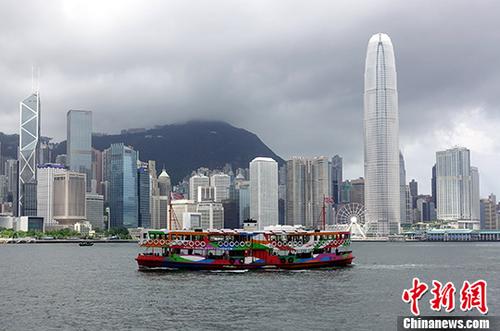
 Notice on printing and distributing the work plan for the management of unlicensed kindergartens in Anhui Province. docx
Notice on printing and distributing the work plan for the management of unlicensed kindergartens in Anhui Province. docx